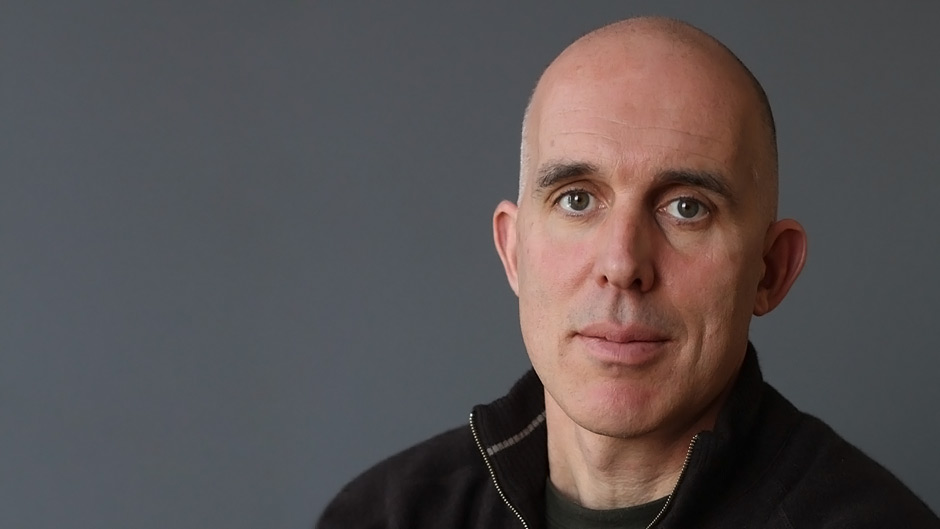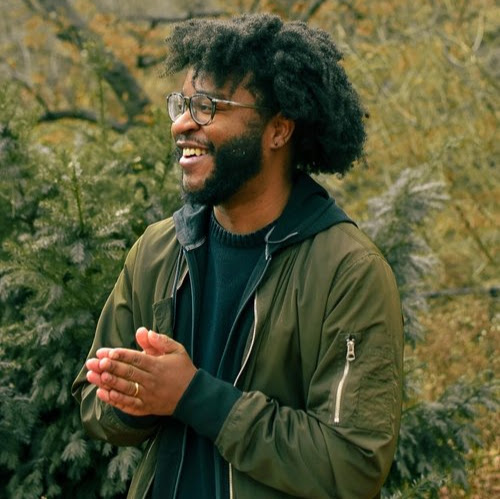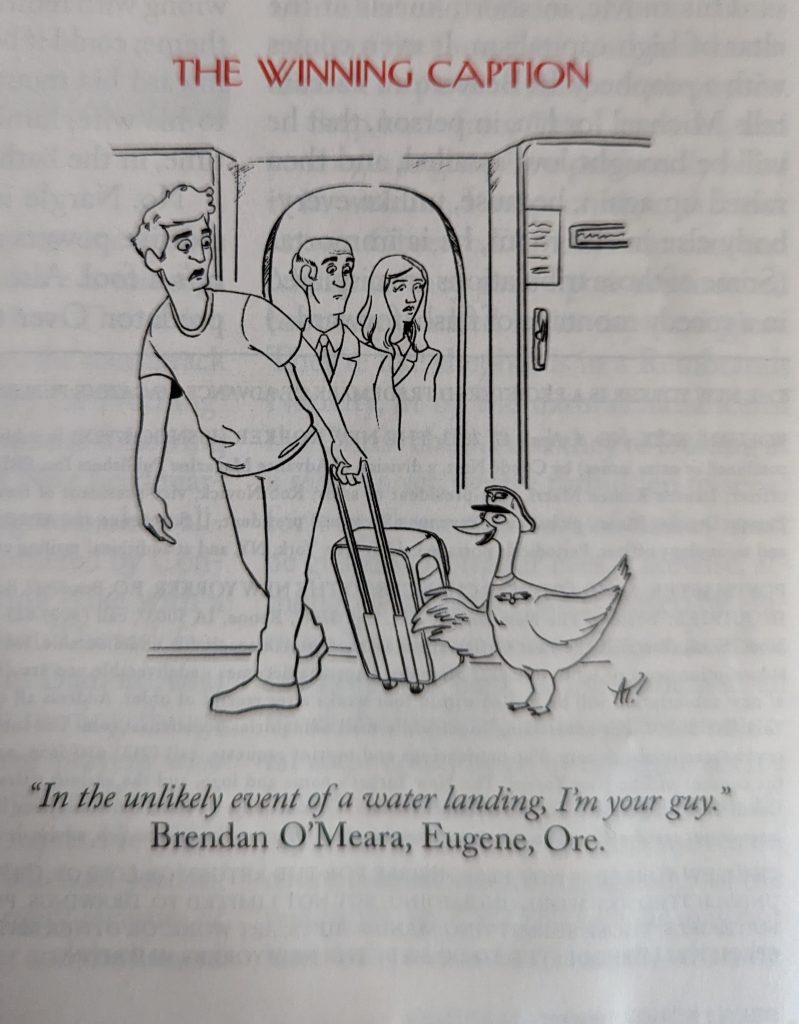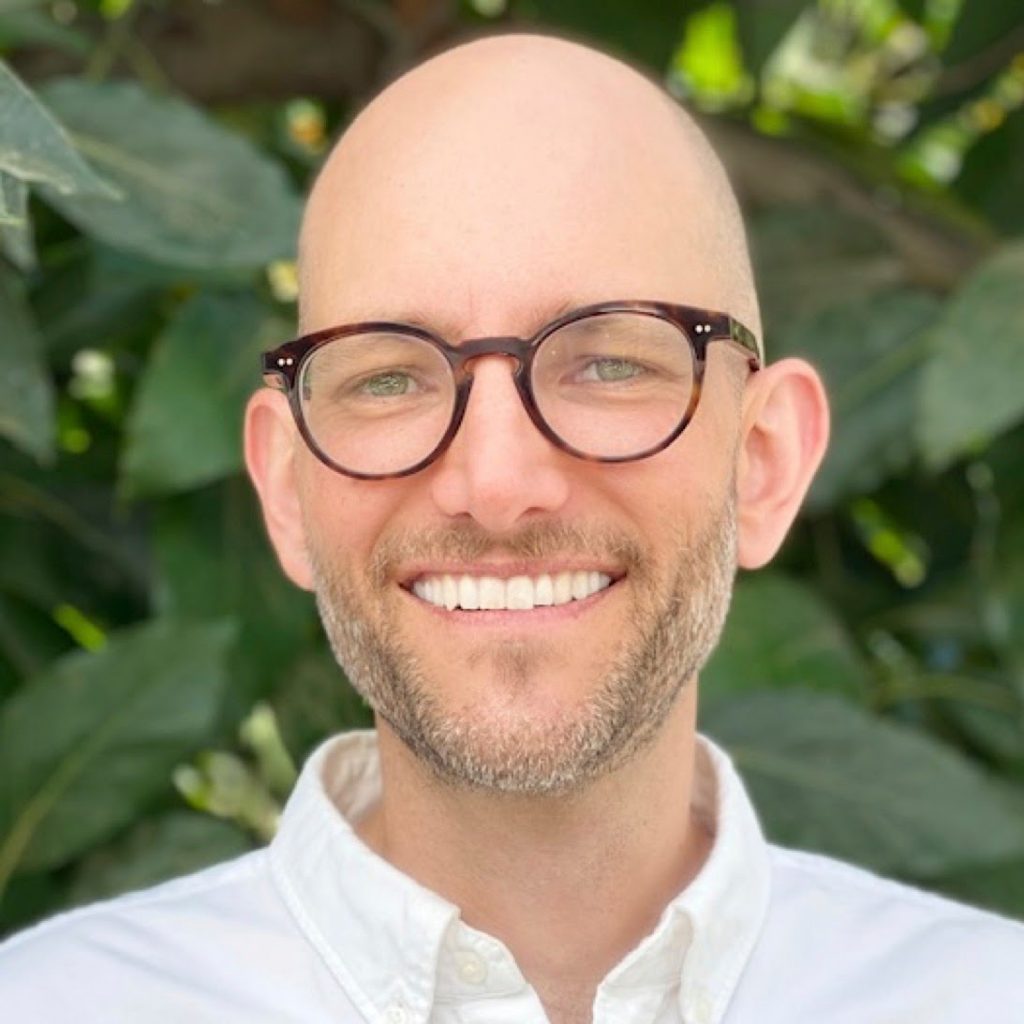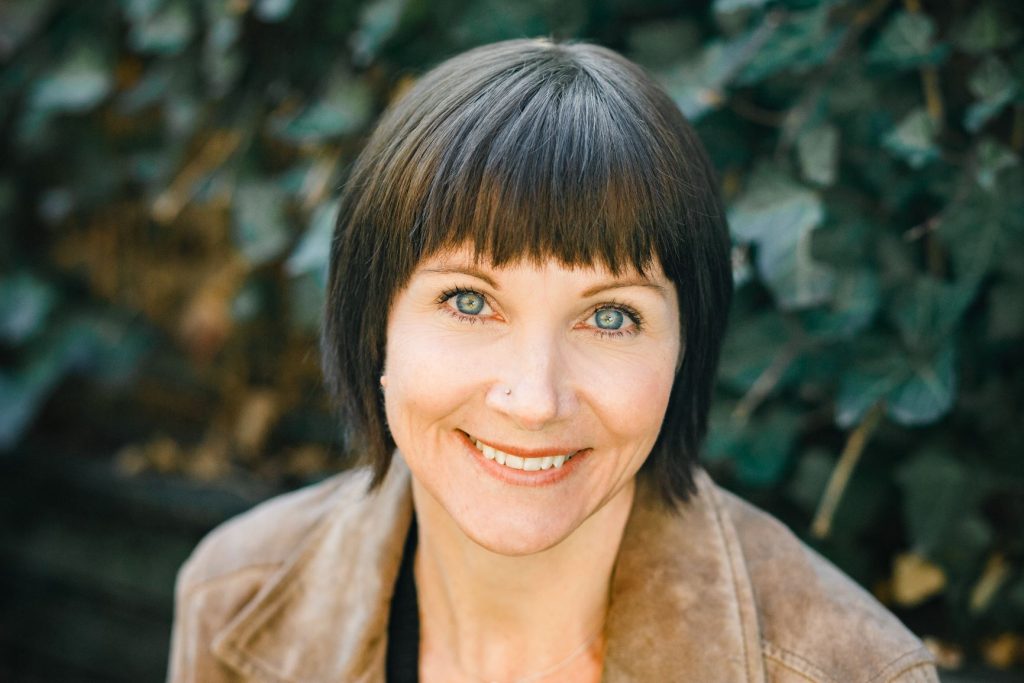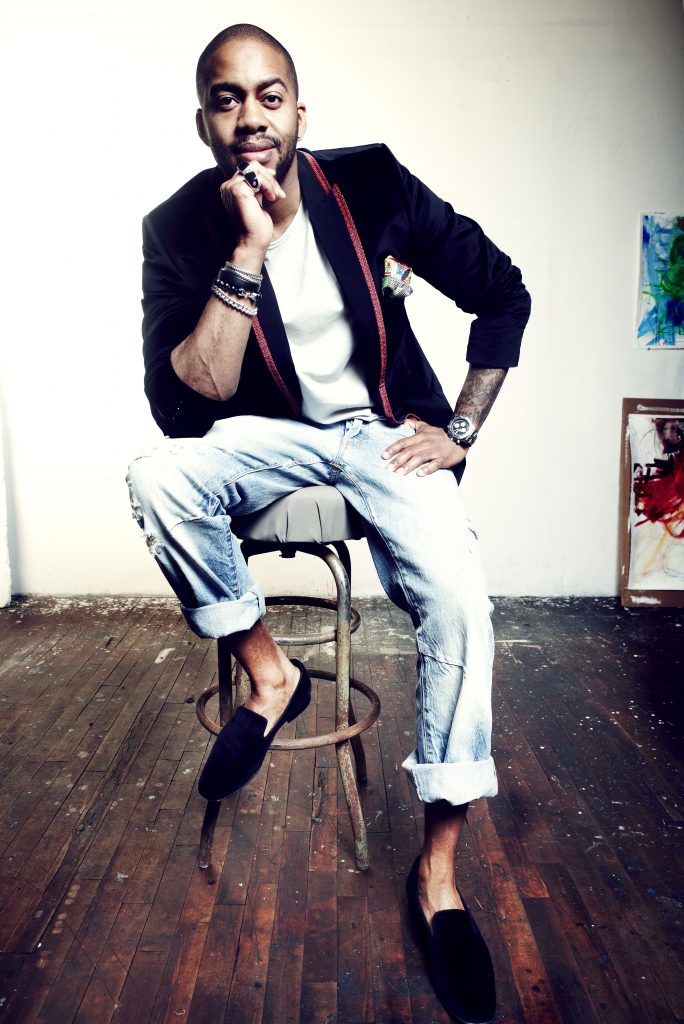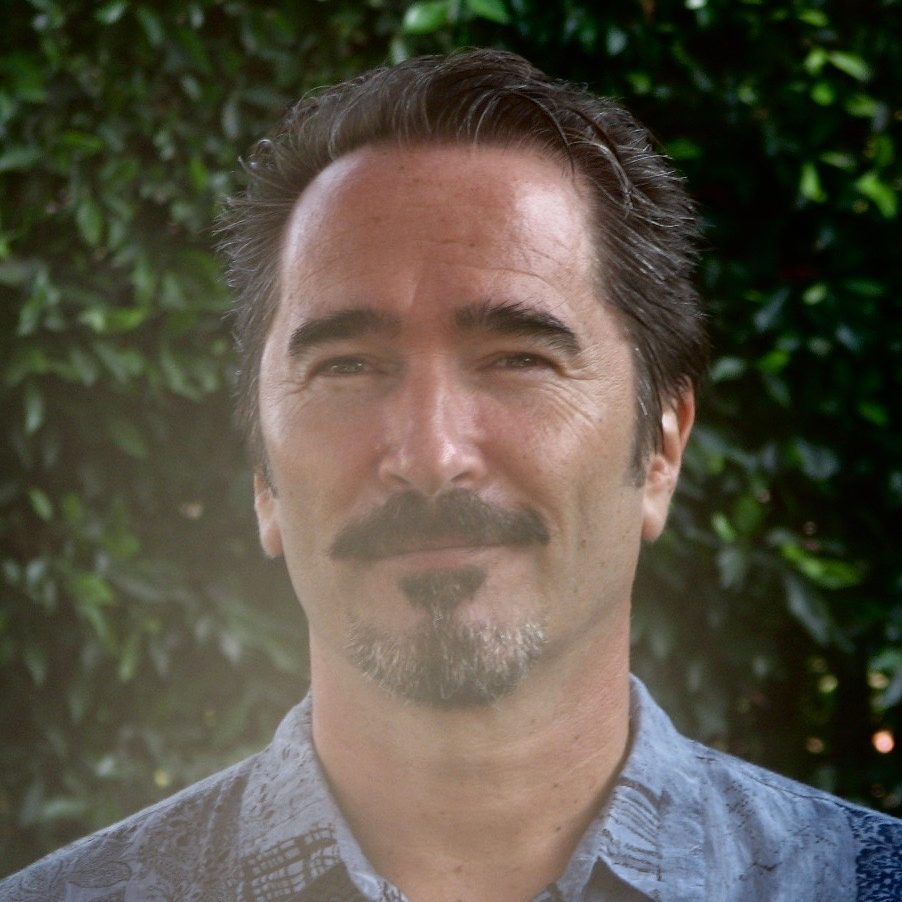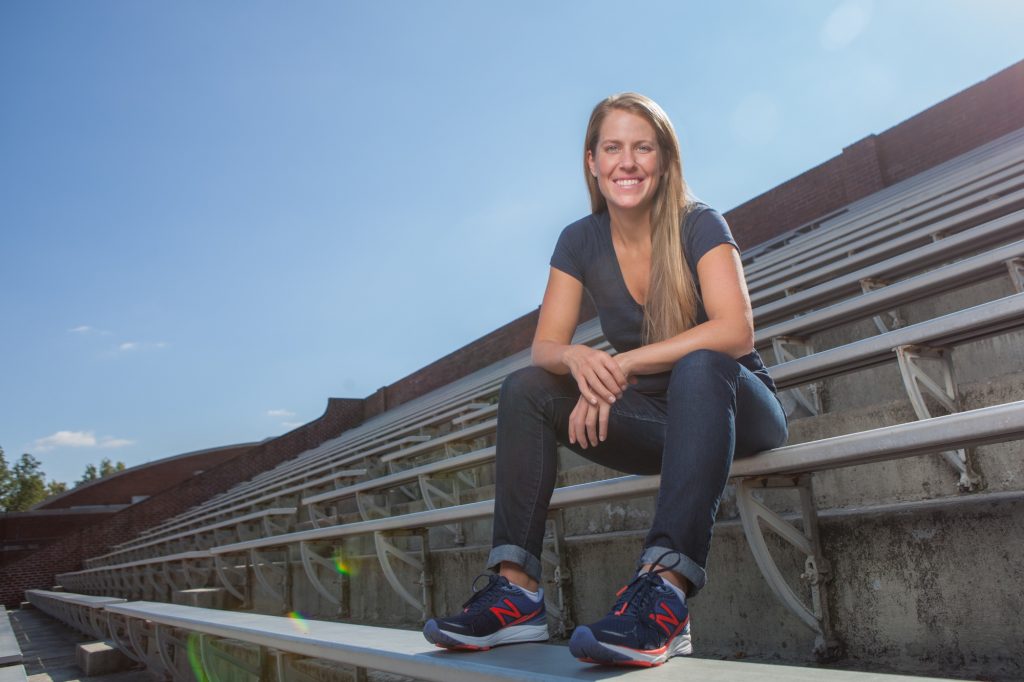
If you can turn in clean copy on time, you will be 95% ahead of everybody else.
Jen A. Miller, Ep. 371
Athletic Brewing Referral link, and use BRENDANO20 at checkout!
Jen A. Miller (@byJenAMiller) is back with another ebook, Freelance Writing for Laid-Off Journalists (and Those Who Want to Quit).
If Jen is good at anything, it’s breaking down how possible it is to make a nice living as a freelance writer. I mean, I SUCK at it, but that’s not Jen’s fault.
Continue reading “Episode 371: Jen A. Miller”